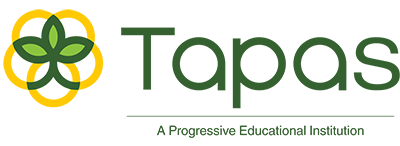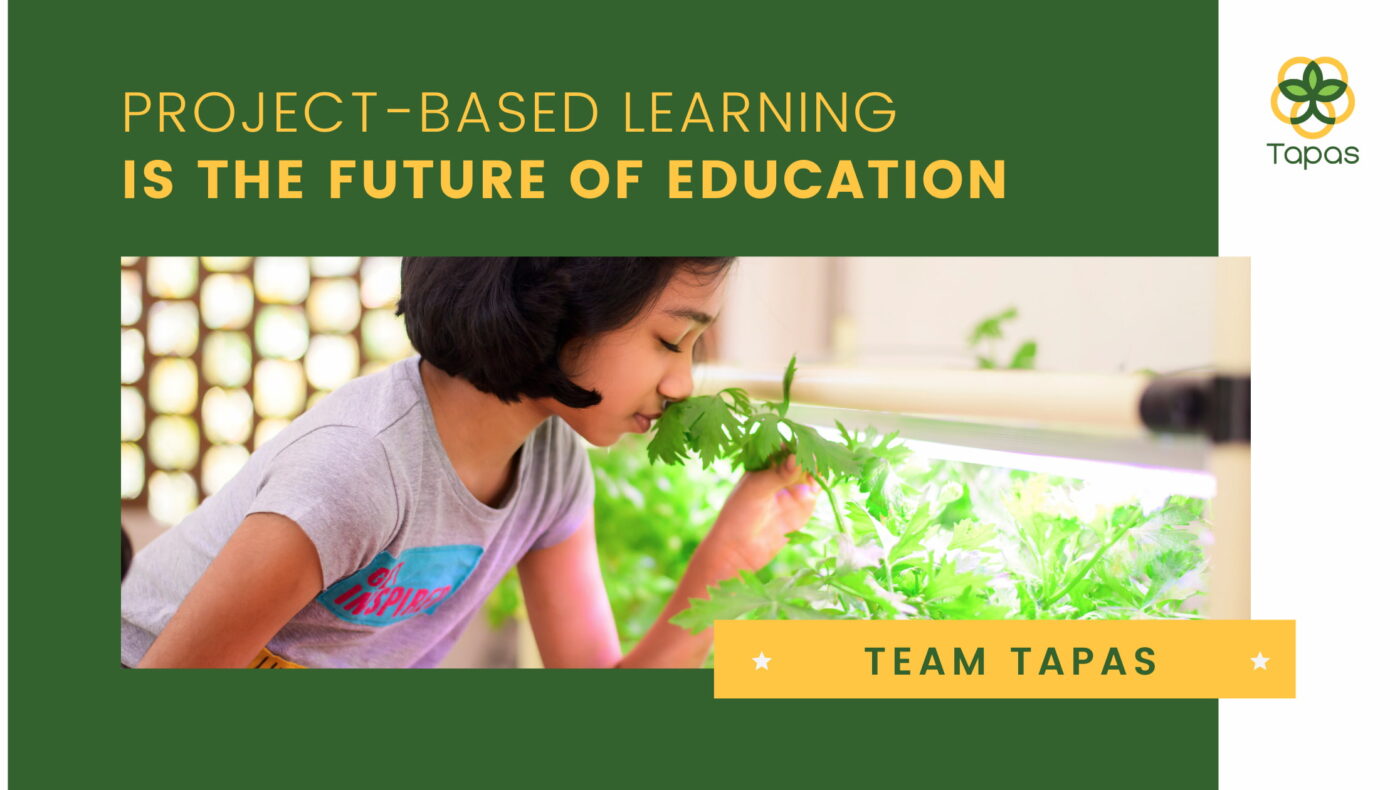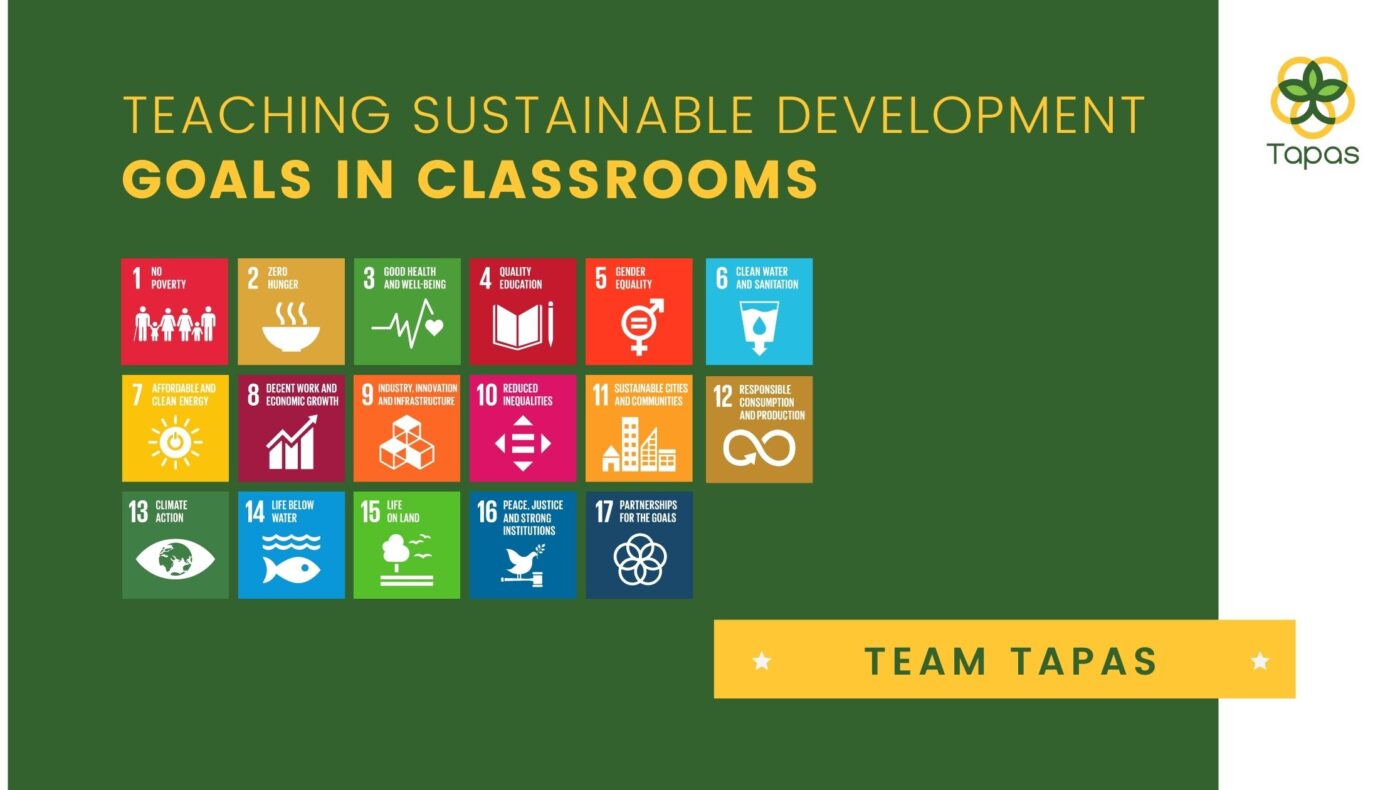Why Project-Based Learning and Alternative Schools are the future.
The future of education as a pedagogy is Project Based Learning
Tapas is an Alternative School in Bangalore that is amongst the first schools in India to implement 100% Project-Based Learning.
What is project-based learning?
Odds are that you might not have heard about it. Project-based learning is a teaching method,
That engages students in projects that are meaningful, enjoyable, and relevant.
Project-based assignments are tailored to student needs and skills.
It is an active form of learning for students where they learn by doing.

Why Project-Based Learning?
Students are at the center of the educational journey and take an active part in it.
Multiple studies have shown that passive rote learning from textbooks is insufficient to prepare a student for today’s world.
Traditional learning methods often focus on facts or memorization of information.
Project-based learning on the other hand focuses on higher-order thinking skills, creativity, and collaboration.
It has been proven to be more effective than traditional teaching methods.
It challenges students to take ownership of their learning experience.
In a technology-first society, the fundamental skill set needed to thrive is vastly different from what it was 30 years back.
Project-Based Learning focuses on enabling students to tackle real-world problems by simulating them in the form of projects in the school.
Project-Based Learning demands that students break away from their comfort zones and ask more questions,
Thus developing more curiosity in a child than traditional learning methodologies.
The four main benefits of project-based learning are:
It improves student achievement, is student-centered, fosters teamwork and problem-solving skills,
And promotes the use of higher-order thinking skills.
Project-Based Learning also enables students to more accurately demonstrate their capabilities in a specific field than the archaic ‘tests’ of traditional learning.

Implementing Project-Based Learning.
Why is it that then most schools shy away from project-based learning? Because it is difficult to implement.
And it needs experienced educationists at the helm to be implemented well.
Project-based learning demands a total transformation of the traditional teaching apparatus and classrooms.
Project-Based Learning is an instructional strategy that helps students to learn by doing.
Teachers give their students the chance to solve a problem, create something, or work with their creativity and develop skills such as critical thinking and problem-solving.
The advantage of using Project-Based Learning in the classroom is that,
It can be tailored to different levels of learning and different subjects.
It is also more engaging than traditional teaching methods because it requires active involvement from the student.
A research study found that not only were Project-Based Learning participants more likely to say they enjoyed school,
But also that they had improved attitudes toward math and science compared to those who did not participate in Project-Based Learning activities.
The Project-Based Learning process is a five-step plan that allows instructors to create projects with real-world applications.
The steps are Define, Explore, Plan, Implement, and Evaluate.
There are many useful tools for teachers to use,
When implementing this model including presentations and graphics on the topic of the project.

Project-Based Learning is the future.
In the future, Project-Based Learning will be a major part of our education system.
That is because it allows for a more engaging and immersive experience that pushes students to their limits.
While giving them a sense of ownership over their work.
It also gives them ways to demonstrate mastery in ways other than traditional tests.



